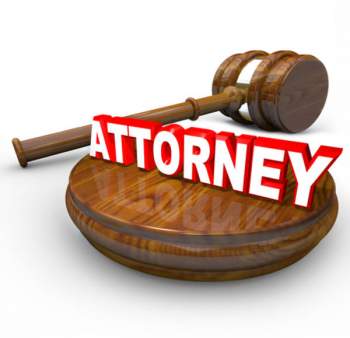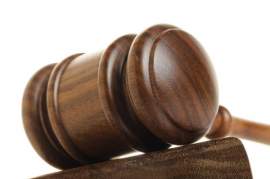
Quick Guide to Criminal Defense

When an individual is accused of a criminal offense, he/she will usually employ a criminal lawyer in order to prove his/her innocence or diminish his/her criminal liability. In many instances, a defendant will plead not guilty and the defense will be required to argue any evidence presented by the prosecution in order to prove the defendant's innocence.
If the defendant pleads guilty, he/she can negate or diminish his/her responsibility by utilizing a criminal defense, such as self-defense, insanity, intoxication, or duress. If a court can be convinced of one of these defenses, a defendant's conviction and subsequent sentence will be less severe than it would be otherwise.
If an individual was acting in self-defense or under duress, he/she cannot be held criminally responsible for his/her actions because he/she had no desire to act in such a way. The insanity and the intoxication defense limit a defendant's liability because he/she was not mentally competent to understand his/her actions and the associated consequences at the time of the incident.



















